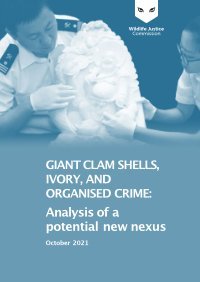By: JALESI NAKARAWA
This thesis investigates the influence of legal fiction over the philosophy behind family law in New Zealand and our subsequent responses to domestic violence. As a feature of common law reasoning, legal fiction, asserting something to be true when it is not true, persists as an important mechanism in judicial fact-finding. In family law, the convenient and crucially unrecognised fiction of the “ideal family” which may never have existed continues to drive the family justice system. The failure to be aware of the fiction may undo the justifications for its existence and undermine its utility.
Treating this fiction as true rather than treating it as “if true” drives a wedge between the normative intent of the law and the behavioural issues that underlie human interpersonal relationships. The resulting gap between the realities of the family experience we live with and the “ideal family” we live by underwrites the vague and imprecise objectives of our responses to domestic violence. Apart from the uncertainty of what we are trying to achieve, the fiction assumes that deception and aggression are pathologies in human behaviour. The law’s reliance on these legal fictions to pursue just ends requires careful consideration to avoid causing real-world pathologies.
Despite New Zealand’s reputation for innovative responses to domestic violence, the Family Justice System as a whole has failed to produce the anticipated result. The expansion of the continuum of conduct classified as domestic violence has criminalised instances of ordinary human negotiating behaviour. This expansion under the Domestic Violence Act was intended to provide victims greater protection from domestic violence, but it has not had the desired effect. While success in police management terms may be evaluated in higher rates of reported incidents, arrests and convictions, success for victims ought to be assessed regarding the reduction in incidences of violence over time. This has not happened. For this reason, the application of statistical data to support a specific agenda can distort our assessment of domestic violence.
The thesis proposes a holistic approach based on domestic violence as fundamentally a behavioural issue. It is important first to ascertain the nature of violence in the world and our lives and to unpack human behaviour for a better understanding of why we do the things we do. Secondly, statistical data should be properly analysed to provide an accurate picture of human behaviour and domestic violence as it is on the ground, the reality of family life as we live it daily. This and only this can provide a sound bases for developing explicit goals to guide our legal responses or interventions, bridging the divide between the aspirational objectives of the law and the human reality we live with.
The University of Waikato, 2016







